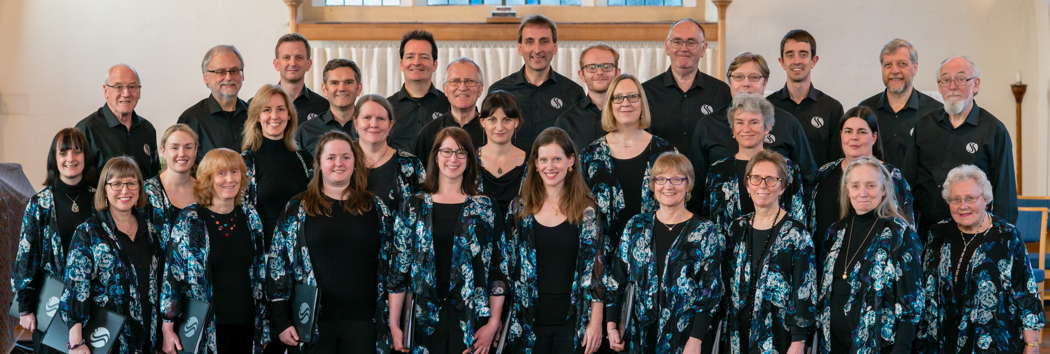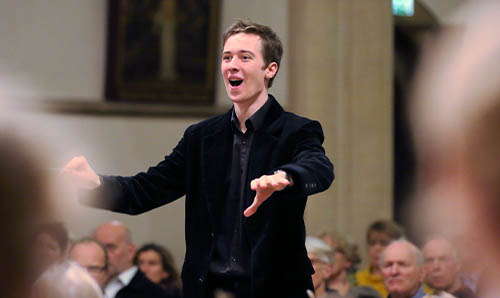 WORD SEARCH: Can you solve Allan Rae's classical music word search puzzles? We're currently publishing one per month.
WORD SEARCH: Can you solve Allan Rae's classical music word search puzzles? We're currently publishing one per month.
 VIDEO PODCAST: Slava Ukraini! - recorded on the day Europe woke up to the news that Vladimir Putin's Russian forces had invaded Ukraine. Also features Caitríona O'Leary and Eric Fraad discussing their new film Island of Saints, and pays tribute to Joseph Horovitz, Malcolm Troup and Maria Nockin.
VIDEO PODCAST: Slava Ukraini! - recorded on the day Europe woke up to the news that Vladimir Putin's Russian forces had invaded Ukraine. Also features Caitríona O'Leary and Eric Fraad discussing their new film Island of Saints, and pays tribute to Joseph Horovitz, Malcolm Troup and Maria Nockin.
- Virgil Thomson
- broadcast
- Albert Schweitzer
- Karel Husa
- Da Vinci Classics
- in depth
- Henze
- Luis Herrera de la Fuente
A Performance of Real Energy
MIKE WHEELER has no complaints while listening to choral music by Vaughan Williams, Howells and Schmidt
Dexter Drown's first appearance as conductor of the Sitwell Singers certainly made an impact - St John's Church, Derby, UK, 12 November 2022. This short-but-sweet concert - I heard the afternoon performance; it was repeated in the early evening - served notice that choir and conductor look to be forging an exciting new partnership.
The programme was built round the Vaughan Williams anniversary, starting with a rarity, A Choral Flourish, from near the end of his life, setting words from Psalm 33. It got a performance of real energy. A robust account of his Festival Te Deum was followed by another late work, Prayer to the Father of Heaven, a setting of a sacred text by John Skelton (in complete contrast to his other Skelton work, the earthy, rumbustious Five Tudor Portraits). It got a thoroughly idiomatic performance here.

The Sitwell Singers
The Vaughan Williams pieces were interspersed with music by two of his friends and colleagues. French composer Florent Schmitt is starting to attract more attention after being relatively sidelined for a long time. His Marche Nuptiale, garrulous, full of knotty harmonic twists, and with an amusingly abrupt sign-off, got vigorous treatment from organist Tom Corfield, who provided ever-reliable support in other parts of the programme.
It was followed by Herbert Howells' Requiem, a setting not of the Catholic text but a freely-chosen selection from various sources, and containing the seeds of many passages in his later, large-scale Hymnus Paradisi. The opening 'Salvator Mundi' (setting the English text) instantly established the work's overall mood of poignant intensity, and the passage for solo voices in the Psalm 23 setting was particularly touching. In spite of the work's frequent moments of hushed concentration, it doesn't outstay its welcome, and the Sitwells ensured that Howells' rich harmonic language never became cloying.
There was more Schmitt later - his final work, Messe en Quatre Parties. Assuming this was as new to the choir as it was to me, it was handled with remarkable confidence. Singers and conductor maintained a grip on those few passages, in the Gloria and elsewhere, when the music seemed momentarily to lose direction, and the big rhetorical moments were sung with panache.

Dexter Drown
The concert ended with Vaughan Williams' O Clap Your Hands. This was probably the fastest performance I've heard, and it worked - there was a real sense of exhilaration about it.
A pity there was no room for texts and translations in the printed programme, but there could be no complaints about the performances.
Copyright © 2 December 2022
Mike Wheeler,
Derby UK

ARTICLES ABOUT THE SITWELL SINGERS
CLASSICAL MUSIC ARTICLES ABOUT DERBYSHIRE


